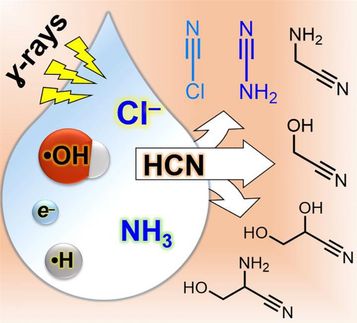How sweet can you get?
Plant-derived sweetener thaumatin becomes 1.7 times sweeter after amino acid swap
Advertisement
A sweeter version of a widely used plant-derived sweetener is on the way. Researchers have found a way to make thaumatin -- one of the sweetest natural sugar substitutes on the market -- even sweeter.

Japanese researchers have made a sweeter version of thaumatin, a natural sweetener widely used in "diet" beverages, gummies, and jelly candies.
Eiri Ono/Kyoto University
"Making natural sweeteners stronger could be a huge plus to the food industry, especially as there are concerns regarding the consumption of low-calorie sugar substitutes to prevent life style-related diseases," says lead author Tetsuya Masuda of Kyoto University.
Thaumatin, a protein derived from the fruit of an African tropical plant, is the sweetener of choice when it comes to "diet" beverages and gummy and jelly candies boasting natural ingredients. Thaumatin also masks bitterness and helps enhance flavor.
Only humans and primates taste sweetness from thaumatin. Masuda and colleagues have analyzed its structure with X-rays to determine which parts of the protein make it taste sweet to us. From these studies they found that the basic amino acids in thaumatin play a crucial role in eliciting "sweetness", implying that substituting acidic amino acids with basic ones could make it sweeter. In this study, Masuda replaced aspartic acid with asparagine, making thaumatin 1.7 times sweeter than before. This also confirms the complex interaction between thaumatin and the sweetness receptor of the tongue, which was discovered in the early 2000s after long speculation by scientists. Sweetness is detected when positively charged molecules on the protein come in the vicinity of negatively charged molecules on the sweetness receptor.
"For a long time the mechanism in which we taste sweetness from thaumatin was a mystery, and for that reason it took very long to sweeten it up," Masuda explains. "Now that we've taken steps in the right direction, I'm excited about developing applications for a stronger form of thaumatin."





























































